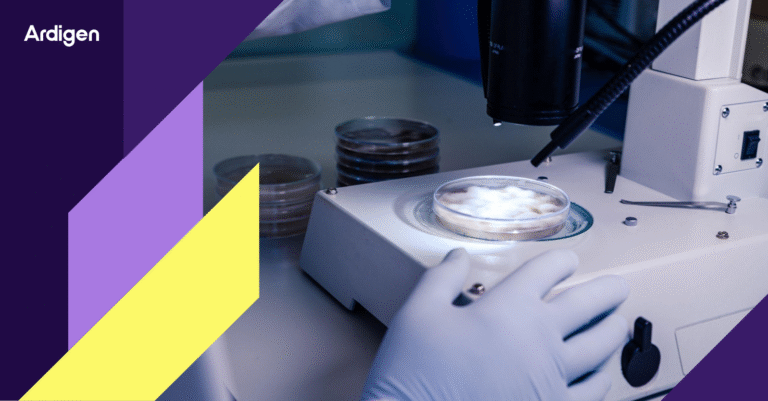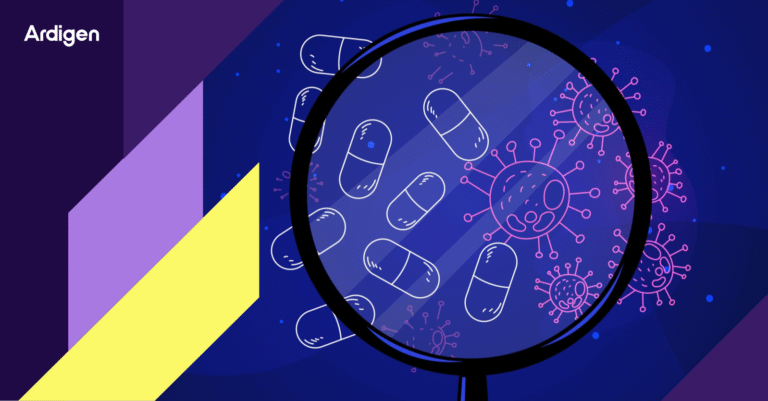Top market ‘AI in biotech’ stories
Healthcare AI regulation, new open-source rival to AlphaFold3, and more
We’re introducing a new monthly series from Ardigen—your curated selection of the latest news in AI for biotech and pharma. In just 3–4 minutes, catch up on the innovations reshaping drug discovery and biomedical research. We’ll publish fresh insights on the second Tuesday of each month, so you can stay informed and inspired. Happy reading!
In today’s edition:
- 🩺Regulation gaps in AI health tools spark concern
- 🔓An open-source rival to AlphaFold3
- ⏱️AI age clocks predict healthspan
- 👩🏻⚕️ Suki upgrades its AI Assistant for doctors
- 🍰Novo Nordisk doubles down on AI for obesity and diabetes

MIT researchers call for more stringent regulations on the use of AI and traditional algorithms in healthcare
Researchers from MIT, Equality AI, and Boston University are raising the alarm on the lack of regulation for both AI models and traditional clinical decision tools used in health care. While AI promises to improve patient care, its unchecked use—and that of older algorithms—could perpetuate biases and risks in medical decision-making.
source: news.mit.edu
Boltz-1: A fully open-source rival to AlphaFold3 aims to democratize biomolecular structure prediction
MIT researchers unveiled Boltz-1, a fully open-source AI model for predicting the 3D structures of biomolecules, which emerges as a strong competition to Google DeepMind’s AlphaFold3. Boltz-1’s biomolecular structure prediction matches the accuracy of the latest version of AlphaFold3 while removing access barriers, making it an essential tool for drug development and protein engineering research.
source: techexplorist
Researchers from King’s College London developed AI-based aging clocks that predict healthspan using blood metabolite data
Researchers from King’s College London presented AI-based aging clocks that analyze blood metabolites to predict health and lifespan. These aging clocks could identify early health risks, enabling preventative strategies and empowering individuals to track and optimize their biological age through better lifestyle choices. This new AI tool may pave the way for personalized health monitoring, offering actionable insights to delay aging-related health issues and improve longevity.
source:science
Suki’s AI Assistant enhances healthcare with Google Cloud integration
Suki, a voice-assistive AI and medical scribe tool, launched new features, powered by Google Cloud’s Vertex AI, for its AI Assistant. The tools aim to reduce clinicians’ administrative burden by offering instant access to medical records and literature. With $165M in funding and expanded partnerships (e.g., MedStar Health), Suki is looking to scale its AI tools and explore new functionalities, such as supporting nurses and broader healthcare workflows.
source: fiercehealthcare
Novo Nordisk doubles down on AI for obesity and diabetes
Novo Nordisk is deepening its collaboration with Valo Health, committing $190M in near-term funding—and billions more in potential milestones—to leverage AI for obesity and Type 2 diabetes research. Valo’s AI platform combines real-world patient data, human tissue models, and machine learning to accelerate drug discovery. Novo’s decision to expand follows promising early results, with potential payouts to Valo reaching $4.6B if milestones are met.
source: fiercehealthcare




